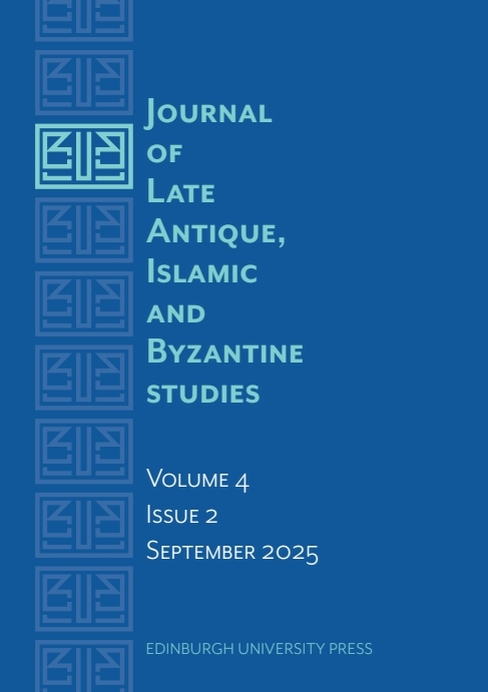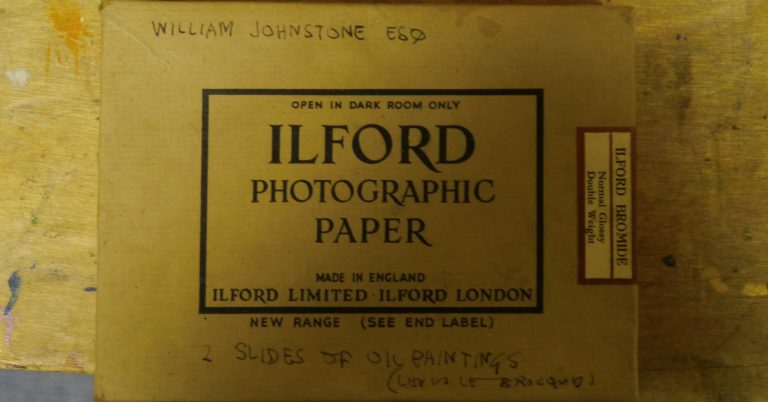
By Aliya A Ali

Aliya A Ali is the author of ‘Family Ties and Political Power: Governing Kūfa under ʿUthmān b. ʿAffān’ in issue 4.2 of the Journal of Late Antique, Islamic and Byzantine Studies.
Tell us a bit about your article
My article looks at the governors appointed by the caliph ʿUthmān b. ʿAffān in Kūfa between 644–656 CE. Rather than focusing only on their administrative duties, I explore how family networks, particularly through marriage, shaped their rise and fall. I argue that kinship ties were central to early Islamic governance and often determined by who was appointed and dismissed. By using a prosopographical approach, which gathers collective data on figures and their networks, I show how political power in Kūfa was deeply entangled with tribal loyalties and family strategies, including both patrilineal and matrilineal connections.
What inspired you to research this area?
I’ve long been fascinated by how political structures in early Islam developed out of existing tribal frameworks. Kūfa, a city founded only a few years after the Prophet’s death, became one of the most turbulent centres of opposition. It was also where ʿUthmān faced his greatest challenges. Looking at this city gave me a way to understand the broader tensions of his reign — and how marriage and kinship were not just private matters, but tools of governance.
What was the most exciting thing about this project for you?
Discovering how women’s roles could be traced through these networks. Even though my article focuses on male governors, elite women appear repeatedly in the genealogies. Their marriages, divorces and remarriages created new alliances and shifted political balances. It was exciting to see how these women weren’t just passive figures but active agents shaping early Islamic politics.
Did you discover anything particularly strange or surprising?
Yes — one surprising aspect was the sheer speed with which governors in Kūfa were dismissed. In some cases, sources say it was because of personal misconduct. But when you compare the data, you see a pattern: the more a governor built strong local ties through marriage and family, the more threatening he became to the caliph. Dismissals were often strategic rather than moral.
Did you get exclusive access to any new or hard-to-find sources?
Much of the material comes from early Arabic genealogical and historical works, like al-Ṭabarī’s Tārīkh and al-Zubayrī’s Nasab Quraysh. These texts are well known, but what makes this work distinctive is the prosopographical method: treating the genealogical material as a dataset. This allowed me to see connections that aren’t obvious when you read the texts in isolation.
Did your research take you to any unexpected places or unusual situations?
Yes! One of the best parts of this project was that it took me around the world in search of manuscripts. I had the privilege of receiving funding that allowed me to visit the Beinecke Library at Yale, the Süleymaniye Library in Istanbul and the National Library in Tunis. I felt very lucky to be able to travel for manuscripts, and often I was handling works that hadn’t been touched since they first entered the collections, which made it a truly unique experience.
Has your research in this area changed the way you see the world today?
Definitely. It reminded me that politics is rarely just about institutions or ideology; it’s about relationships. Even today, family ties and networks often shape leadership in ways that are not always visible. The early Islamic case shows us that kinship was not an obstacle to state formation but part of its foundation.
What’s next for you?
I’m continuing to research the role of women in early Islamic politics, especially elite women whose marital and genealogical ties shaped dynastic power. My next project will look at how these women influenced succession and legitimacy in the first/seventh century, helping us rethink the gendered dimensions of early Islamic governance.
Explore the full article ‘Family Ties and Political Power: Governing Kūfa under ʿUthmān b. ʿAffān’ in issue 4.2 of the Journal of Late Antique, Islamic and Byzantine Studies.
About the author
Aliya Abdukadir Ali is an Ian Karten Scholar and a Research Affiliate at the Woolf Institute. She recently completed her PhD in early Islamic history at the University of Cambridge (Faculty of Asian and Middle Eastern Studies), which she passed with no corrections. Her research focuses on kinship, governance, and the role of elite women in the political structures of the first/seventh-century caliphates.






